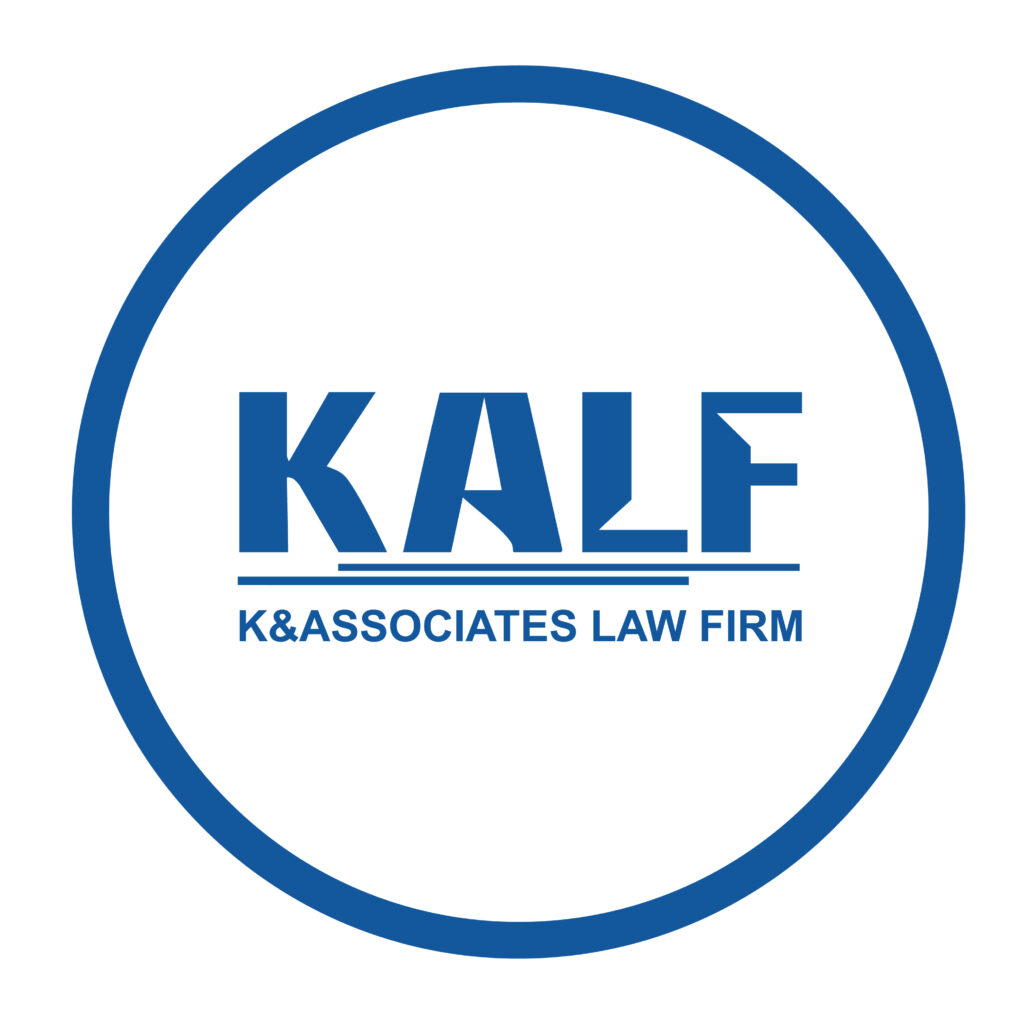- Concept
Pursuant to Clause 17 Article 6 of the Law on Securities 2019, securities listing is the inclusion of eligible securities for trading at the Stock Exchange or Stock Exchange Center.
- Classification of securities listing
– Initial Listing: Initial listing is the permission for securities of an issuer to be registered for listing for the first time after an initial public offering (IPO) when that issuer meets the listing standards.
– Additional Listing: Additional Listing is the approval process by the Stock Exchange for a listed company to list newly issued shares for the purpose of raising capital or for other purposes such as mergers, dividend payments, exercising bonds or executing bonds convertible into shares, …
– Change Listing: A listing change arises when a listed company changes the name of its traded securities, volume, par value or total value of listed securities.
– Relisting: Allows an issuer to continue listing securities that were previously delisted for reasons that do not meet the standards for maintaining listing.
– Dual Listing & Partial listing:
- Full listing is the listing of all shares after they have been issued to the public on a domestic or foreign stock exchange.
- Partial listing means the listing of a portion of the total number of securities issued to the public of that issuance, the rest not or unlisted.
- Partial listing usually takes place in large government-controlled companies, the share of securities issued to the market held by individual investors is listed, and the share held by the Government or an organization representing the Government is not listed.
- Conditions for companies to list securities
Pursuant to the provisions of Article 109 of Decree 155/2020/ND-CP stipulating the conditions for listing shares, specifically as follows:
Charter capital
Securities issuers must have a charter capital contributed at the time of offering registration of at least VND 30 billion according to the value recorded in the accounting books, for Upcom, the charter capital is VND 10 billion – based on Article 15 stipulated in the Law on Securities 2019.
Shareholder structure of the company
- The decision to list securities on the exchange must be approved by the General Meeting of Shareholders of that company.
- At least 15% of the voting shares are held by a minimum of 100 investors who are not major shareholders of the company. In case the charter capital of the issuing company is greater than VND 1000 billion, this ratio is at least 10%.
- The major shareholders of the company will have to make a commitment to jointly hold a minimum of 20% of the charter capital of the issuing company for at least one year from the closing date of the offering. In addition, the company that requires listing shares must also commit to listing and registering for stock trading on the stock exchange’s trading system.
Some other conditions that securities issuers need to fulfill: Valid registration for listing of shares in accordance with law; advising on procedures for registration of public offering of shares; Open a blocked account to receive money to buy shares of the offering.
- Some advantages and disadvantages of conducting securities listing
- Advantage
– The company can easily raise capital: When participating in the stock listing, the increased corporate reputation plus high liquidity will help businesses have advantages to raise capital quickly, easily and conveniently.
– Impact on the public: To be listed in securities, enterprises must meet strict conditions in terms of finance, business efficiency as well as many other conditions as prescribed by law. The fact that a company is listed shows that it is doing very well. Therefore, being listed on the stock exchange contributes significantly to increasing the reputation of the business in the eyes of the public as well as investors.
– Improve liquidity for securities: Shares of listed enterprises will facilitate the process of transferring shares by shareholders. There by increasing the attractiveness of shares to investors.
– Tax incentives: Considered a great advantage for securities listed units, regulations on tax incentives for securities-listed enterprises have been clearly stipulated in legal documents promulgated by the State.
- Shortcoming
– Reporting obligations of a public company: A disadvantage for a company with listed shares is to disclose information about its financial position, revenue or development strategy. It is critical information that greatly determines the success and failure of a business and will be very dangerous when competitors get it.
– Increased costs: After listing, a company must organize information disclosure meetings, shareholder meetings, and hire auditing companies, establish public relations departments, and have a personnel team to work with shareholders.
Above is the content of KALF’s advice on issues related to stock listing. All of our above advice opinions are based on applicable legal provisions. If you have any questions or requests about legal issues, please contact us for timely answers.




